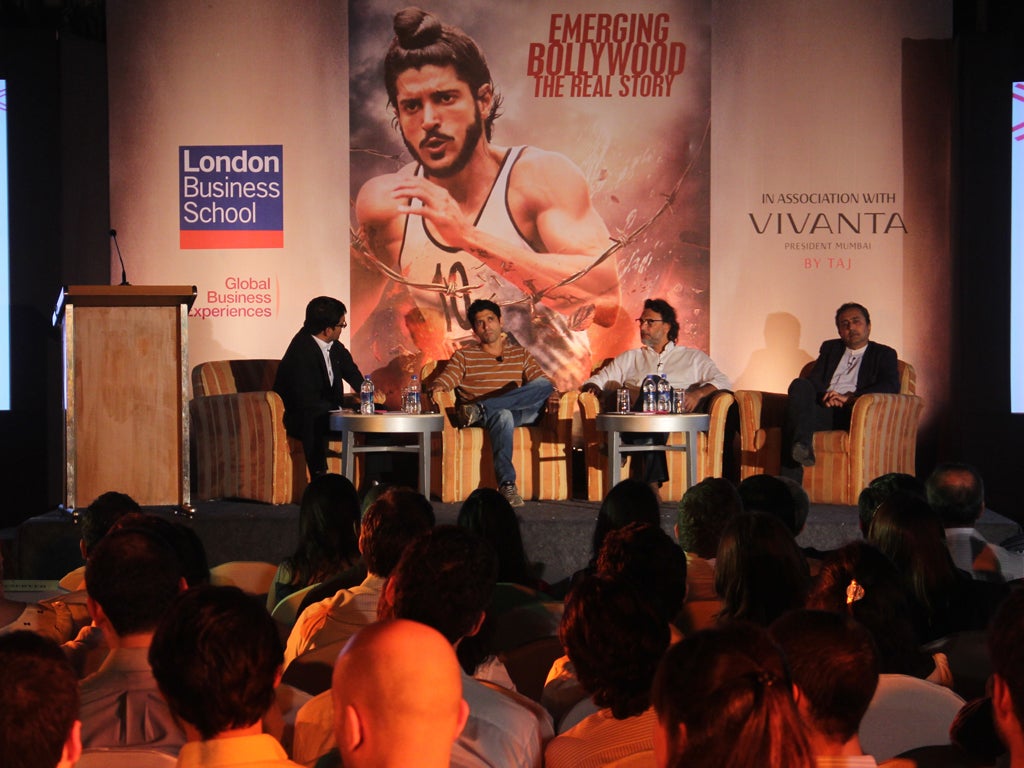MBA blog: What do business schools mean when they call themselves 'truly global'

If you read the prospectus of any top ten business school in the world, they will all claim to be 'truly global'.
Having been at London Business School for almost two years now, I can confidently claim that students here live the 'global view' every day. The class makeup is deliberately diverse in profession, background, geography, culture and gender, and it is not uncommon to hear at least four different languages being spoken on the quick walk into class (59 languages are in fact spoken by the student body). That is often mentioned as one of the primary reasons that prospective students apply to the school, and for good reason.
This kind of globally diverse mind set is what prompted the school to create the Global Business Experience (GBE) programme, where students are able to choose from one of five cities globally to spend a week in, with experienced faculty, to truly immerse themselves in that market. When I chose Mumbai as my GBE destination, it was to try and understand more about a country that will undoubtedly have a profound influence on the world in the coming decades.
Having been to India before, I didn’t expect to be surprised by what I saw, felt and experienced. How wrong I was. In fact, what I found was a renewed appreciation of how small our global village really is. I was reminded of why I came to London Business School, as well as why having a first-hand experience of different markets is so crucial to our understanding of the world and our roles in it.
For the uninitiated, landing in India is a wakeup call. This is what is meant by a 'developing country'. It is noisy, messy, often smelly and seemingly chaotic. But that is the red herring which belies the beauty that is the world’s largest democracy. There is a palpable energy when walking around Mumbai – something that draws you in and forces you to engage with it in all of its contradictions.
To help us make sense of it all, our able GBE team had arranged several luminaries from the business, political and entertainment world to give us more colour about the challenges the country faces in trying to live up to the promise it made only a few years ago when GDP growth was at nine per cent and the sky was the limit. From the entrepreneur who started his own diamond business 15 years ago and now has a turnover of over $20M, to the CEO of Reliance Media who gave us an insider’s overview of Bollywood, we were given access to India in a way that only a programme like this can.
On the first evening of the programme we were asked by our hosts to view India through fresh eyes, discarding traditional notions of what should and shouldn’t work, and what solutions are required to tackle some of the immense challenges. In short, what works in London will not necessarily work in Mumbai. For me, this was borne out in our real interactions throughout the week. A particularly inspiring afternoon was spent with a young entrepreneur who aims to create more access to quality education for those who otherwise wouldn’t have it. His model provides higher scores on standardized tests on average versus the standard classroom model, at 1/6th of the cost (and no teachers!). Tellingly, online video based learning features nowhere in the model – an approach vastly different to the one being touted in Silicon Valley as the future of education.
I landed in India not expecting to have any aha moments, any major insights. What I got was a lot of debate and discussion with my classmates about how to reconcile what we expected versus what we encountered. That was thoroughly satisfying because that is what a programme like this is meant to do in my mind– force us to question our own realities and understanding of the world. I walked away from India with an entirely different world view from when I came in.
And that is what being 'truly global' really means.
Join our commenting forum
Join thought-provoking conversations, follow other Independent readers and see their replies
0Comments